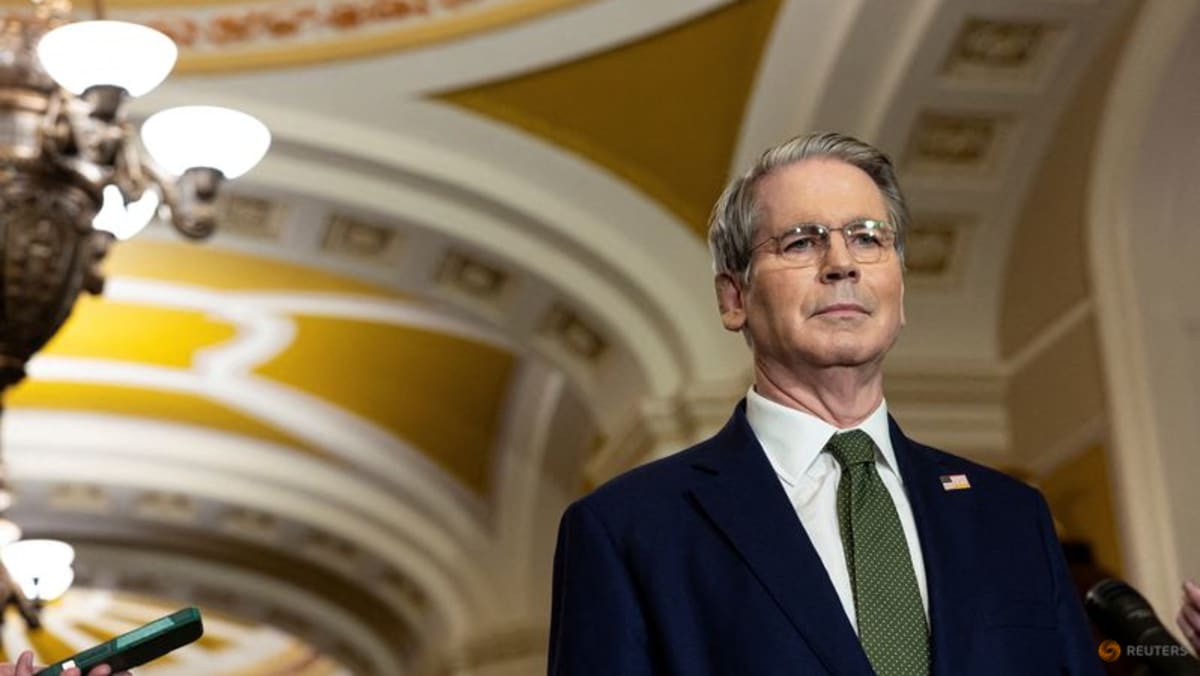US Tariffs Set to Resume on August 1 if Deals Aren't Reached

WASHINGTON: The looming threat of increased tariffs is set to take effect on August 1, 2023, unless trade partners—including Taiwan and nations within the European Union—manage to forge agreements with the United States. This announcement was made by Treasury Secretary Scott Bessent on Sunday, July 6, during an interview segment with CNN.
Bessent elaborated on remarks previously made by President Donald Trump during a flight aboard Air Force One. Trump had hinted that the tariffs, initially announced on April 2, would return to their often exorbitant levels if no consensus is reached. These tariffs had been temporarily suspended to facilitate ongoing trade discussions, a reprieve that is now set to expire on July 9, as confirmed by the Treasury Secretary.
During his Friday comments, Trump noted the urgency of the situation, stating, “Well, I’ll probably start them on August 1. Well, that’s pretty early. Right?” The President indicated that he had already signed 12 letters regarding the implementation of these tariffs, which are expected to be dispatched on the following Monday. This proactive approach highlights the administration's commitment to addressing trade imbalances.
The tariffs originally formed part of a broader strategy introduced in April, wherein Trump imposed a 10 percent duty on a wide array of goods from nearly all trading partners. There had also been plans to escalate these rates for specific countries within a matter of days. However, in a surprising turn, the President swiftly opted to pause these hikes until the July 9 deadline, thus allowing for diplomatic negotiations to unfold.
In light of this impending deadline, various nations have been actively engaged in negotiations to secure trade deals that would mitigate the impact of these elevated tariffs. So far, the Trump administration has successfully reached agreements with the United Kingdom and Vietnam. Furthermore, there have been discussions between Washington and Beijing aimed at temporarily lowering the extremely high tariffs imposed on each other's products.



























